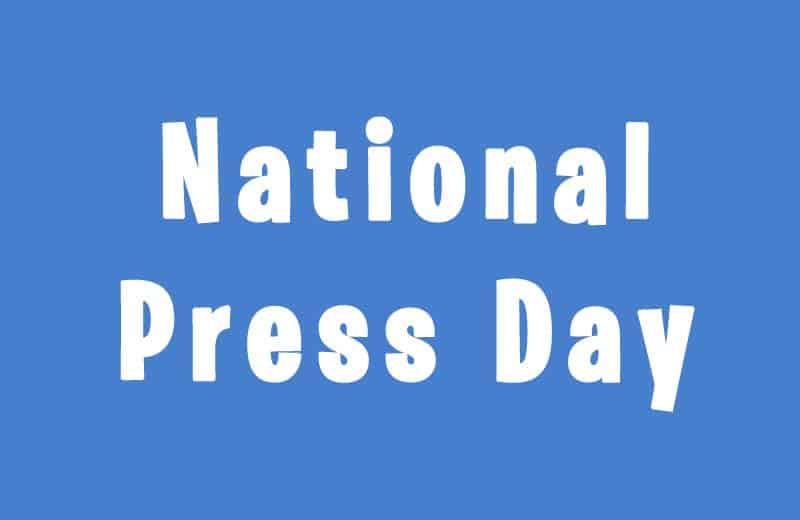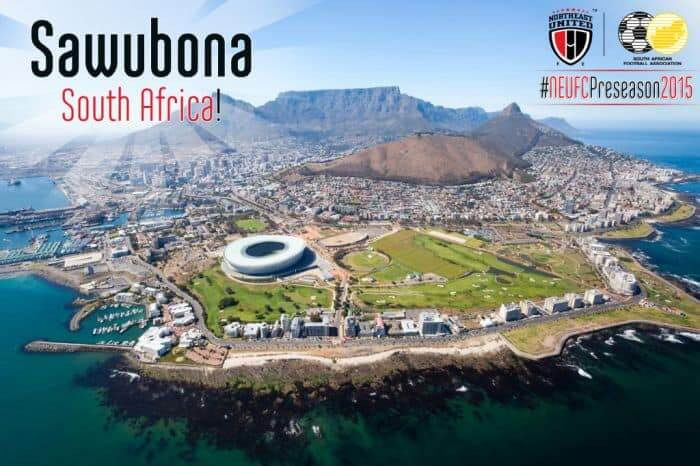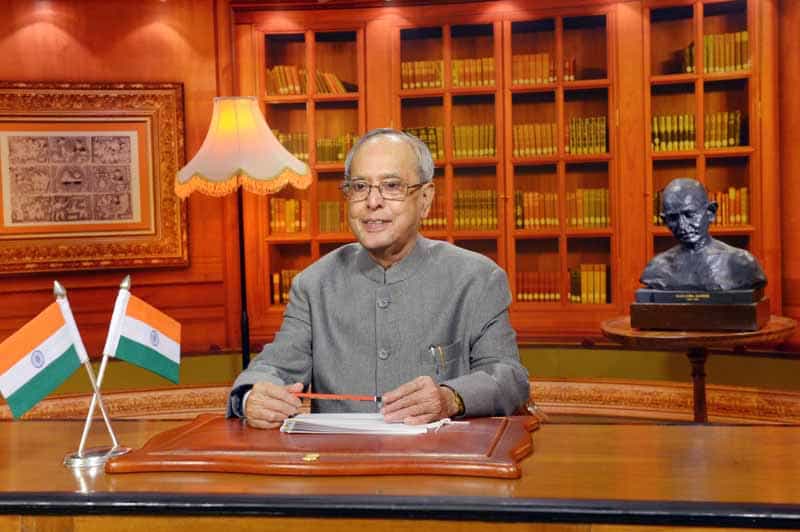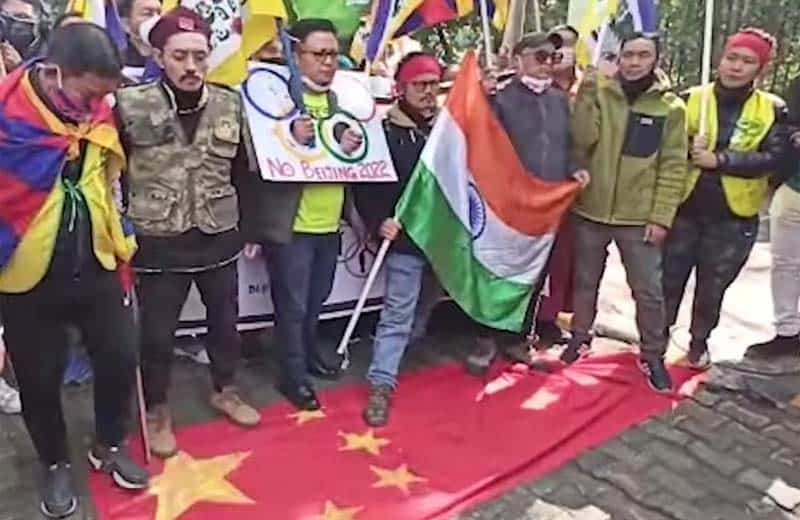National Press Day Tribute
National Press Day is 16 November in India, and we pay tribute to all who contributed to the growth of print media and the Press Council of India (PCI). PCI is both print media’s mentor and watchdog.
It is an occasion for practicing media persons to review where their noble profession has been heading over the past two years.
Press Council
Since its inception, the Press Council of India has symbolized a free and responsible press in the world’s largest democracy. Among all press or media councils functioning around the world, PCI is recognized as a unique entity that both exercises authority over the media and also safeguards independence of the press.
PCI was first constituted on 4 July 1966 as an ‘autonomous, statutory, quasi-judicial’ body with Justice JR Mudholkar, then a Supreme Court judge, as its chairman.
Press Council Act
The Press Council Act 1965 authorized various relevant functions for the PCI, such as helping newspapers to maintain independence and building up a code of conduct for newspapers and journalists in accordance with high professional standards.
Subsequently, PCI was first constituted on 4 July 1966 as an ‘autonomous, statutory, quasi-judicial’ body with Justice JR Mudholkar, then a Supreme Court judge, as its chair.
Press councils and similar bodies were founded and still function according to the noble concept of self-regulation, a concept articulated by Mahatma Gandhi. PCI operated under the premise that the sole aim of journalism should be service to humanity.
Up until the advent of the internet, print newspapers dominated the media landscape. But the number of printed newspapers has reduced since then, especially in the last two years. Printed newspapers are now struggling to survive with the rapid rise of television channels and the most powerful digital media outlets.

National Press Day. NewsBlaze image.
First Print Newspaper
Arunodoi emerged in 1846 as the first newspaper of our region. Today it witnesses the publication of a good number of morning daily newspapers in various languages. A sizable population in our region still depend on physical newspapers for their news content. Prior to the Covid-19 pandemic, Guwahati supported the publication of around 30 morning dailies with hundreds of periodicals in Assamese, English, Hindi, Bengali and other languages.
Sadly, ongoing corruption by proprietors and editors, with no promotional activities for budding journalists saw many editors maintaining double identities (both as journalist and creative writer) for their excuses whenever there emerged a socio-political crisis and a visibly low space for the valued readers to make the editor-journalists accountable when it was necessary, etc have ruined the sacred profession.
Once quality internet becomes available to the common people, a large number of social media users start questioning the professional journalists, for which the media persons were seemingly not ready. Rejection to social media as a nuisance by many editors simply deteriorated the situation. Even after maintaining the circulation figure lately, the newspapers could not reclaim their earlier social influence.
Serious Allegations
In the recent past, three Guwahati-based journalists were named and shamed in social media as being beneficiaries of the multi-crore rupees scam in updation of National Register of Citizens in Assam. Luit Kumar Barman, a prominent businessman turned filmmaker, and Dipankar Dev Sharma, a senior journalist, named three editor-journalists of Assamese satellite news channels in facebook posts claiming they received money meant for data entry operators (2015 to 2019).
For more than three weeks, the accused journalists remain silent over the allegation, even though thousands of facebook users urged them to clarify their position. Significantly, the journalists, once associated with print media, were so vocal in favour of the NRC draft, even though it faced many questions from its cutoff year (1971) to inclusion of hundreds of thousands of illegal infiltrators.
It since surfaced that those journalists lavishly spent money in a city press club body polls to form a governing committee of their choice. They also misguided (lured with personal benefits) a large number of senior journalists based in the city and more amazingly they rumoured about the active support of a powerful politician in their initiative. Nonetheless, where will be the PCI, which has still no authority over news channels and digital outlets, to toil for a better media.




